travel, Travel Guides, Travel Tips
The ultimate tips for travelling on a budget (and how to control your spending).
Travelling long-term and trying not to spend too much of your budget go hand in hand. The more you save, the longer you can travel without working again. Over the past years that I have been travelling, I accumulated different ways to make life as a backpacker easier. I had to learn plenty of the lessons below the hard way, but today I’m happy to ensure you don’t have to do so. Here are my ultimate tips for travelling on a budget and controlling your spending.
This post discusses making a budget, keeping track of your spending, trying to cut down on the four highest costs, and plenty of other tips and tricks. As countries and travellers differ, I’ve tried to keep this post as broad as possible. Depending on the place you visit, your daily budget might vary from another location. What might be a daily budget in one area can be a weekly in another. However, most of these things are general expenses and rules worldwide.
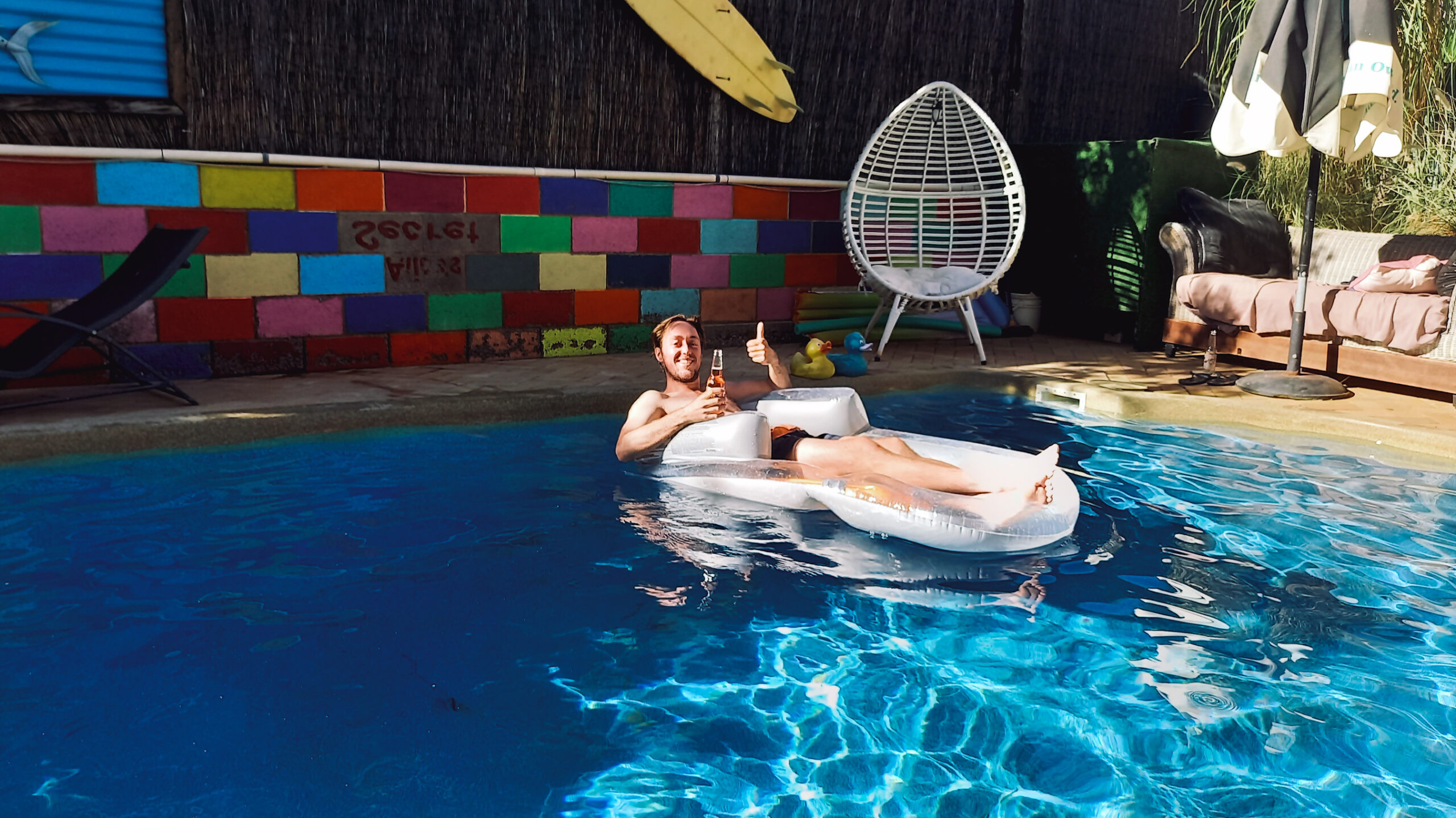
1. Make a realistic daily budget.
First, before heading off to a particular destination, you should know your average daily spending. Not every day will cost you the same, so try to calculate a week and divide it by seven. The first great way to make a realistic daily budget is to understand what accommodation will cost you. Search on a booking site for average sleeping place prices and take that as your minimum sleep budget.
Secondly is to know if you will eat out a lot or cook food yourself. As a generalisation, cooking food yourself is cheaper. However, in some Asian countries, buying food at street markets is way easier and sometimes more affordable. A trick I go with myself is to check the prices of a Mcdonald’s Big Mac menu. As McDonald’s usually adjusts their prices to the local economy, you will get the average prices compared to your local Mcdonald’s Big Mac price.
Include everything:
Are you going to move around a lot, and how? Are you planning to see plenty of tourist things, or will you stick to free walks in the botanical gardens? Make sure to consider multiple items in making a realistic daily budget. Besides, travelling in the low season will be cheaper than in the high season. The more developed a country, the more expensive it usually is. Do you like going out, or are you a smoker? Try to consider everything, and you will get a good idea of how far your budget will stretch in a specific destination.
How I calculate a daily budget:
Here is an example of how I calculated my own (Australian) budget:
- Average hostel night in Australia: $25 x 7 days = $175
- Cooking my food, breakfast, lunch and dinner: $15 x 7 days = $105
- Activities, tours and entrance prices per week: $100
- Public transport and moving around per week: $25
- Other expenses (gear, drinking, mobile internet,..): $50
All these weekly expenses: $455/7 days. My daily budget is $65.
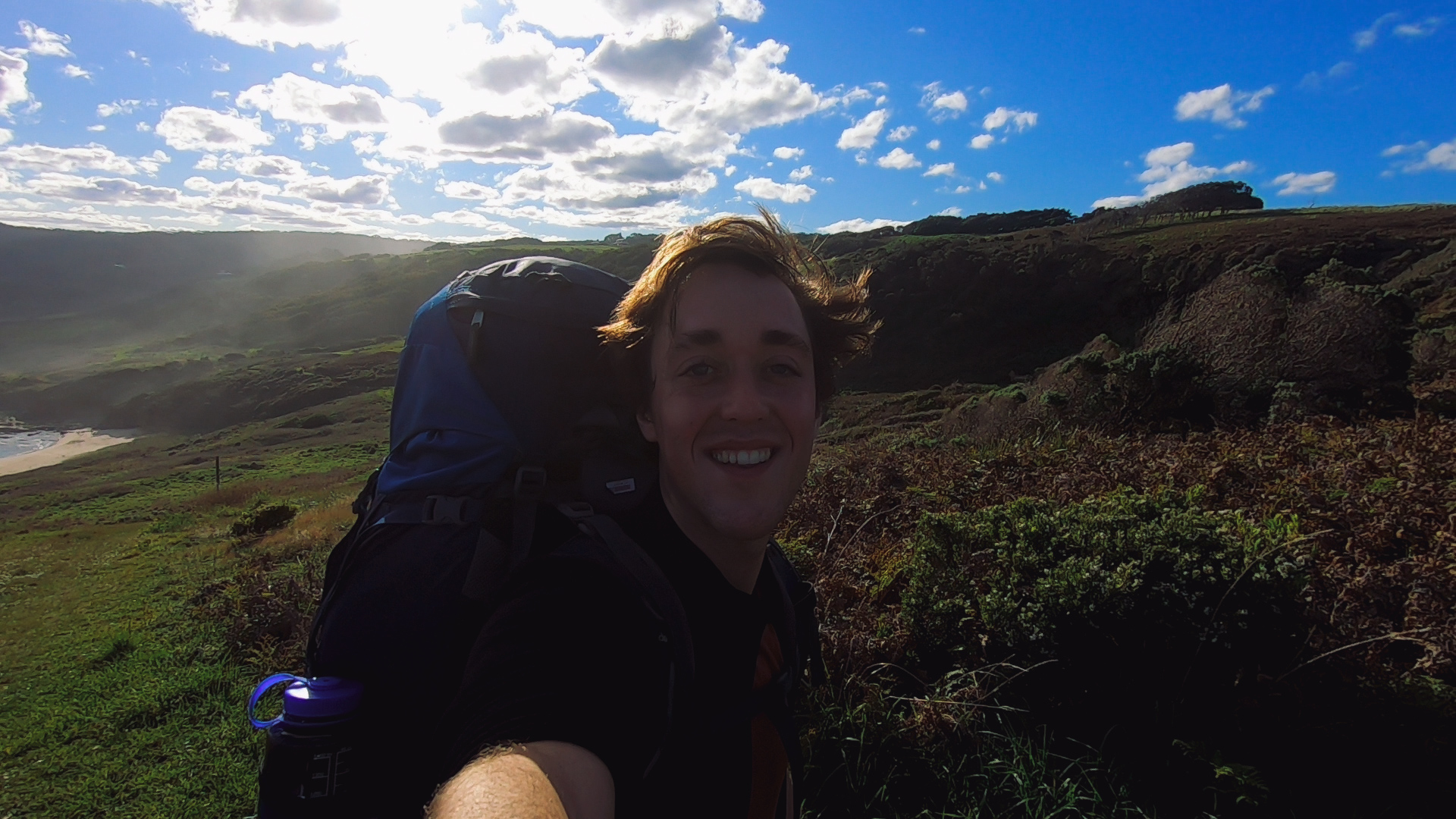
2. Keep track of your spending.
Okay, as for the first point, we have an idea of the average spending in a particular country. Now it is up to you to stick to it. If you are travelling long-term, this will get easier. Some weeks you will spend more than your average budget, other weeks, you might end up camping for the week and make up for the loss.
The long-term spending:
A perfect way to keep track of your long-term spending is by creating an excel sheet. Put your dates on the left and your different spending categories on top, and fill it in regularly. It is a great way to find out the big spender in your budget and cut it down. Surely a 350-dollar public transport pass will break that week’s budget. Still, you don’t pay anything for travelling around in the weeks after.
The short-term spending:
Another way to secure your budget is only to allow you to spend your daily budget. Set up an automatic daily transfer from your savings account into your running account. You start with your daily budget every morning, and once your bank declines, you are done for the day. The leftover money from other days will stay in your running account, and that’s how you save for more significant expenses. It is a very secure way to not spent more than what you want to pay. However, I like to stick with excel as it allows me to be more impulsive.
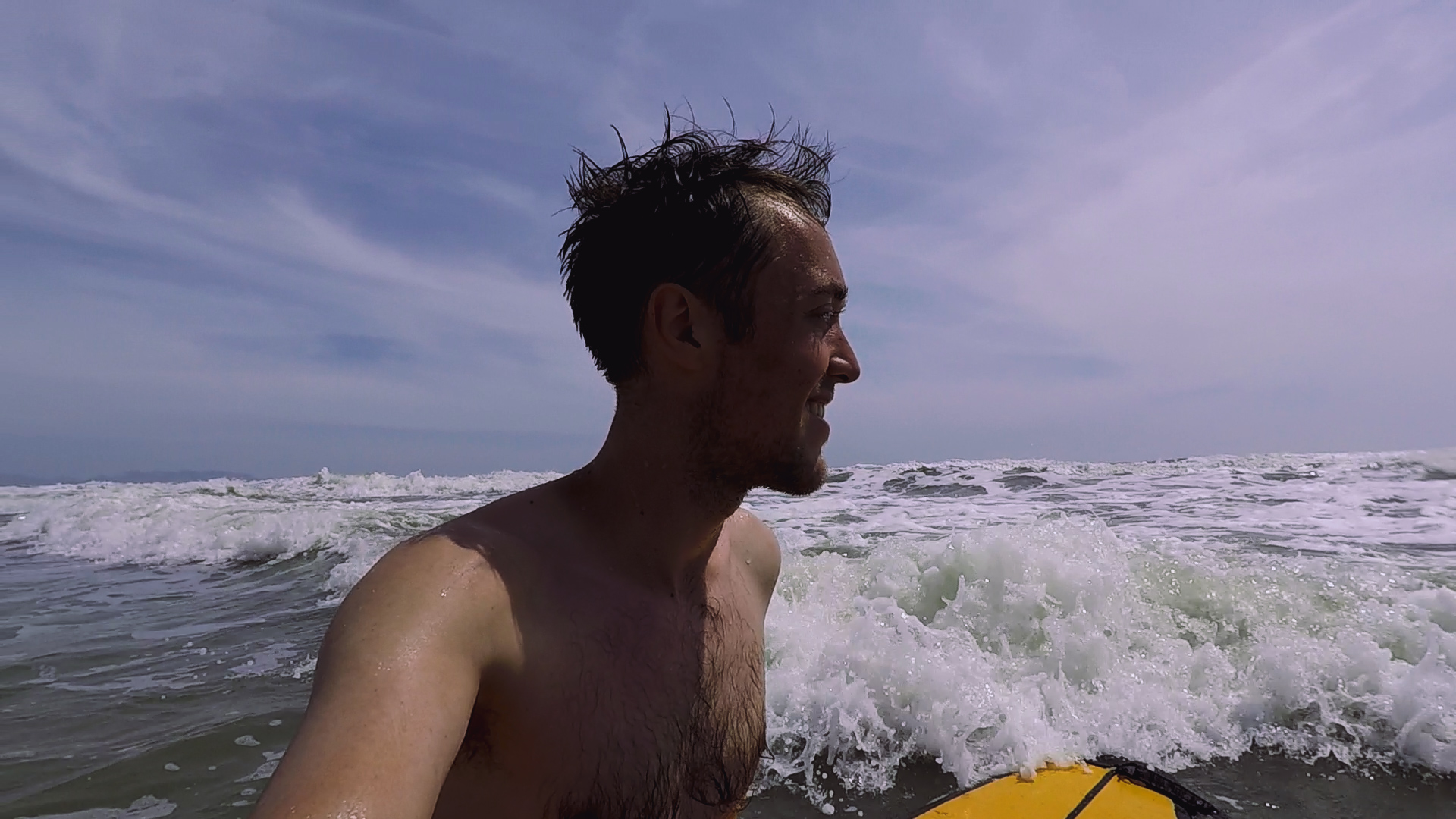
3. Sleep as cheaply as possible.
Sleeping is expensive because accommodation costs are usually around a third of your budget. A great tip for travelling on a budget is to cut down on your overnight costs. In all honestly, it is also one of the hardest. Indeed, you can go a night without sleeping on short trips, but you want a good night’s rest in the long term.
Investing in a tent is worth it. Campsites are cheaper than beds, and in most places, you can even find great places to sleep in your tent for free. I know that tent sleeping and a good night’s rest do not work together for most people. But, trust me, you will be happy with your personal space after living in hostels for months. Besides, sleeping poorly for free is less frustrating than spending 40 dollars on a hostel with loud people.
Budget your accommodation costs:
You can’t sleep in a tent every night, and when it comes to booking accommodation, I also have some great tips. Look on your booking apps for the cheapest places in a particular area. Yes, I say apps because different apps come with different prices. Find the lowest price and call the accommodation asking for a lower price. As booking apps charge commissions, you usually end up another dollar cheaper. A general rule is that cities are more affordable than remote areas. There is more competition which lowers the prices.
Another great option is Couchsurfing at friends’ or even strangers’ places. Many apps will connect you with people willing to let you sleep on their couch for free. However, it isn’t as fun as sleeping at your friend’s place. It is easier to plan your schedule around a friend than a stranger. Just send them a message that you will be around and were wondering if they could host you for a couple of nights. I can already feel a house party coming up. If you don’t have friends in the city you are visiting, stop reading and start talking to potential friends.
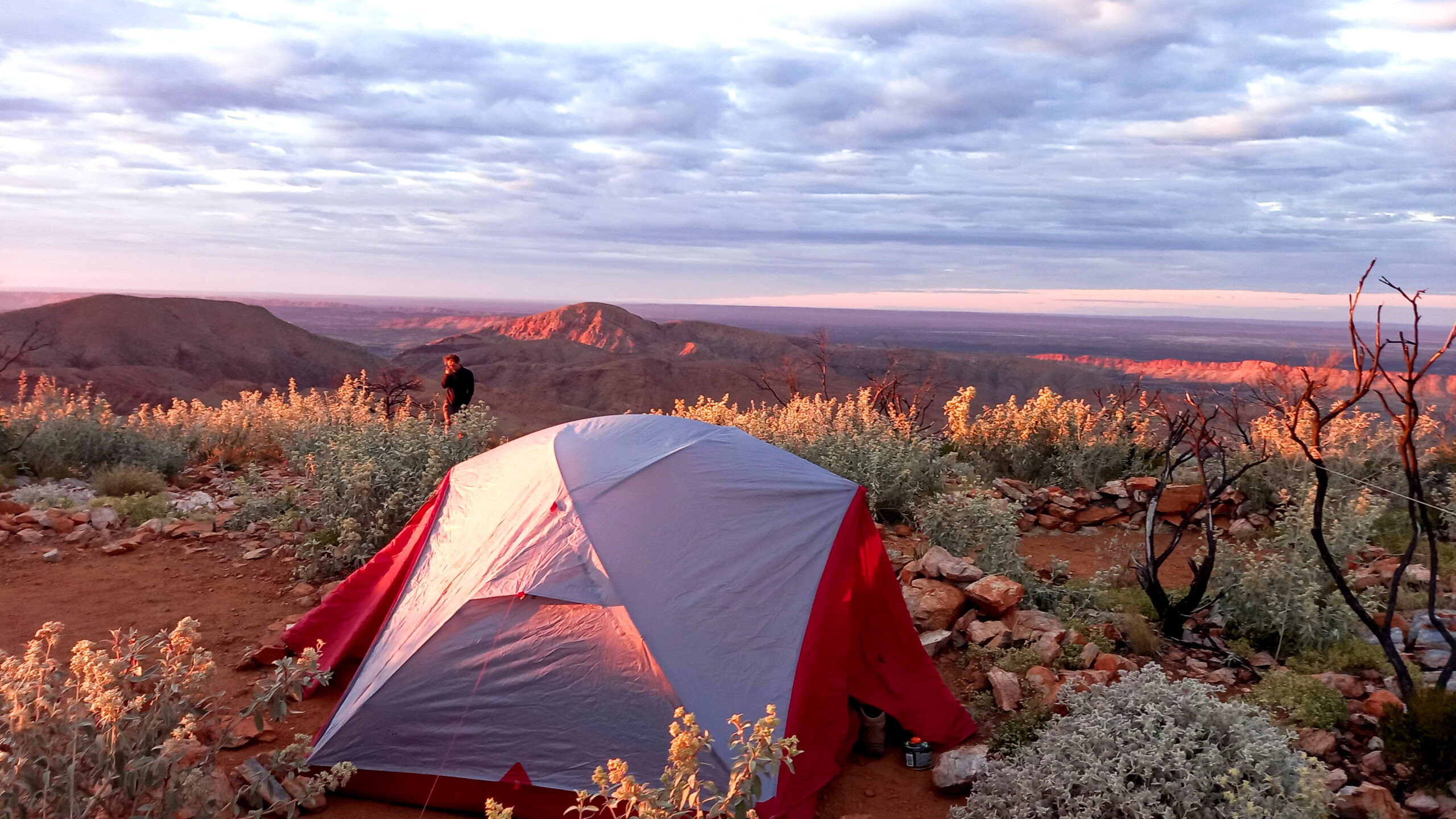
4. Budget your food expenses.
Buying food and eating is one of those things that you can’t skip while travelling. However, how you fill this need makes it a big or a small expense in your travelling on a budget trip. Here are a couple of tips to minimise your daily spending on food.
Make sure to do some research on how people eat in different places. In plenty of western countries, eating out is very expensive. In exchange, most hostels have kitchens where you can make food yourself. On the other hand, in Asian countries, hostels don’t have kitchens, but eating out costs you the same and sometimes even less than cooking it yourself. If unsure, watch or asks the locals; they know how it works.
Save on eatables:
When cooking yourself, try to find people to cook together with or cook for multiple days. Instead of checking the cost of the article itself, look at the price per kg or whichever amount. The more you buy from a product, the lower the price. For example, 300 grams of chicken might cost $14/kg, whereas a kilogram might be priced at $10/kg. On top of that, try to adjust your meals to the specials supermarkets offer. If beef is half-priced, you can eat chicken later and stick to what’s cheaper.
Save on drinkables:
Another difference between countries is that water from the tap might be drinkable or non-drinkable. In drinkable tap water countries, you are better off investing in a reusable drinking bottle and filling it up from the tap. Unfortunately, in non-drinkable tap water countries, you have to buy drinkable water. It might only be a dollar a day, but it adds months into travelling. It might also be worth investing in your mug if you are a daily coffee drinker. Most coffee shops offer discounts for your takeaway cup. Some hostels filter water for their guests, so check out their descriptions before you book.
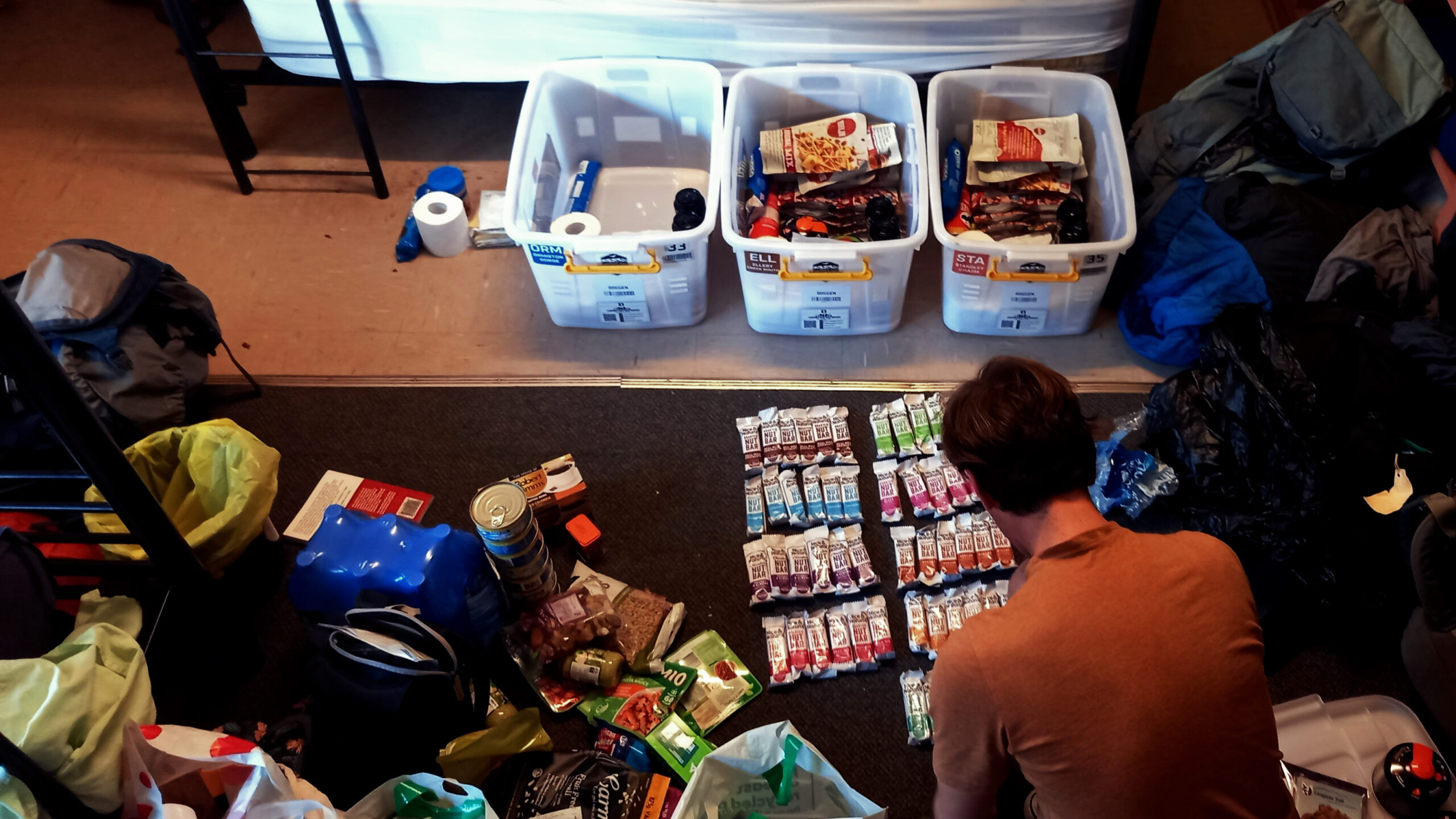
5. Budget your transport options.
As a rule of thumb, the slower you travel, the cheaper it becomes. Flying to a destination will get you there faster. Still, it is usually more expensive than taking a bus or a train. It is possible to cut entirely down on transportation by hitchhiking or walking everywhere. But, it will take longer to get to your destination. I’ll add some tips to cut costs on transport below:
Check out all your different options and include all hidden costs. Recently, I travelled from Melbourne to Sydney. The overnight train was 75 dollars, and the plane was 70 dollars. The plane looks more affordable than the train here, but the overnight train means I don’t have to pay for that night’s accommodation. Moreover, the train gets me from central Melbourne to central Sydney. It costs 20 dollars to get to Melbourne Airport and 15 dollars to get into Sydney. The result is that the train cost me 75 dollars, whereas flying would have cost me 130 dollars.
Public transport deals:
Check out public transport deals. Some countries or companies offer unlimited train or bus passes. Here, you pay a certain amount for endless train or bus trips for a specific time. If you are moving around a lot, it is worth investing in a train pass that will get you everywhere without paying for a single trip every time. The same goes for metros and sightseeing buses. It is sometimes cheaper to take a three-day unlimited metro pass than to pay for every little trip. Even flights have round-the-world tickets!
Get the cheapest flights:
There are plenty of websites and apps around to book flight tickets. Unfortunately, most websites put up their prices to get higher commissions. If you are booking flights, stick to the providers that offer the lowest prices. My go-to website is Skyscanner. Every time I want to fly, they offer me the best prices. Even with multiple searches, I never find a provider with cheaper tickets. I’ll get you started here:
Buying your transport:
If you stay in a particular place for a longer time, it is worth looking into buying transport. Instead of buying daily tram tickets, it might be worth purchasing a bicycle. The same goes for hiring motorbikes in Asia. If you stay for a long time, you spend as much on leasing as buying a scooter and selling it afterwards. In some countries, it is even possible for tourists to buy a car. It is worth calculating what your spending would be in multiple cases.
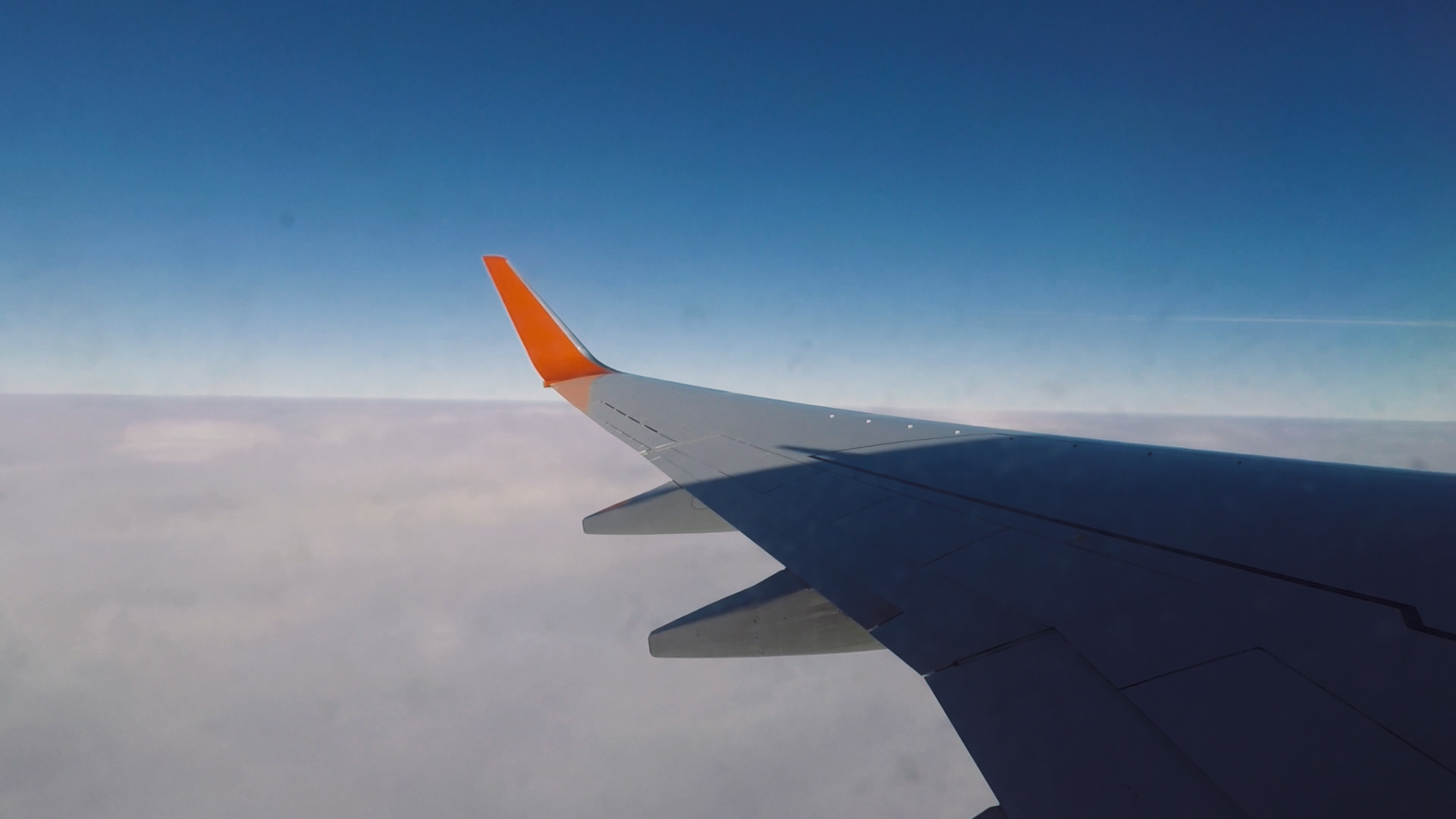
6. Cut down costs on activities.
Since you are travelling, you should go, see and do things. Ultimately, you never know if you’ll ever get to a particular destination again. You also don’t want to go home and regret not seeing or doing some activities. It’s all about not spending money that you shouldn’t be spending in the first place. It takes planning and working out how to do things the cheapest, but it is worth the effort. I’m happy to share my tips and hard lessons learned.
Do things yourself!
One of the hardest lessons I learned after travelling long term was that you could do things yourself. I’ve wasted plenty of money on expensive tours thinking it was the only way to see something. Once you start digging a little deeper, you find plenty of ways and people who do certain activities themselves. Indeed it takes a little bit more planning, and you have to arrange things yourself, but if it ends up being ten times cheaper, it is worth every minor extra second of planning. It saves other people from learning the hard way, which this website is all about! I’ll try to put more posts in the Travel Guides section on how to do things by yourself later.
Have a budget for tours (if you do any).
If you decide to do tours, you want to make a budget. When I was doing the east coast of Australia for the first time, I did everything with a tour. My tour budget was 150 dollars a day, but it had to include transport and meals. It didn’t mean that I never went over that budget. When I did a three-day tour for 500 dollars, I would buy the 100 dollar day-tour later in my travels instead of the 150-dollar tour. By keeping a budget in mind, you don’t overspend on less essential tours for you and still have a budget for the expeditions going to your highlight.
Are the activities all-inclusive or not?
As in the transportation section, try to include all hidden costs in your comparisons. Some tours and activities might look expensive at first sight, but that is not always the reality. Read the small letters and see what is included in your package. The more expensive tour might consist of the price of food, transport, and materials. The cheaper one has a lower price due to buying food, arranging transportation, or buying your entrance ticket. In the end, being more expensive than the expensive option.
Discounts and Groupon.
The internet might be your most significant friend in planning out trips. Most places, tours and activities have a discount code somewhere online. It’s sometimes limited to a couple of dollars but might get you somewhere half-priced. It is just a matter of researching for an extra ten minutes. I plan to dedicate multiple pages to get you everywhere cheaply. Keep an eye on this website in the future.
Share your costs.
If you plan to do things yourself, try to team up with other travellers. Everybody is trying to do something as cheap as possible, and you are helping out each other. I already said in the food section to team up in buying more significant amounts of food. When doing activities, it is also worth sharing the costs. Is it worth buying a bicycle with a couple of people? Moreover, hiring a car for a road trip is cheaper, dividing it between more people. You also only have to book a campsite for one car instead of more cars, and the list goes on.
Go where the activity is the cheapest or completely free.
Find out where certain activities are cheaper than in other places. Generally, the higher the demand, the higher the competition, and the lower the prices. Seeing an elephant in New Zealand is more expensive than in Sri Lanka, where they wander freely. Taking a balloon ride in Cappadocia is cheaper than in the middle of Australia, simply because this is what Cappadocia made famous.
Free things are great!
I’ve been talking about cutting costs, but you don’t always have to spend money. Free things are great ways to see and explore places. Hiking and walking around are priceless experiences and don’t cost anything. A tour to find hidden bars is a great way to find the best sites, but exploring and wandering yourself on the quest to hidden bars makes it even better. Furthermore, some museums and art galleries are free to enter, so spend an afternoon here. It is always the best way to learn more about the country or place you visit.
Meet people and talk to them.
It happened to me many times, and it is all about networking. People have connections and are willing to help you out. Spending money on a boat tour when the guy in your hostel dorm happens to travel by boat feels absurd afterwards. If you want to see something, the person on the other end of the table might already hire a car to get there. Talk to people, tell them your plans and ideas, and you will be surprised by all the opportunities coming your way.
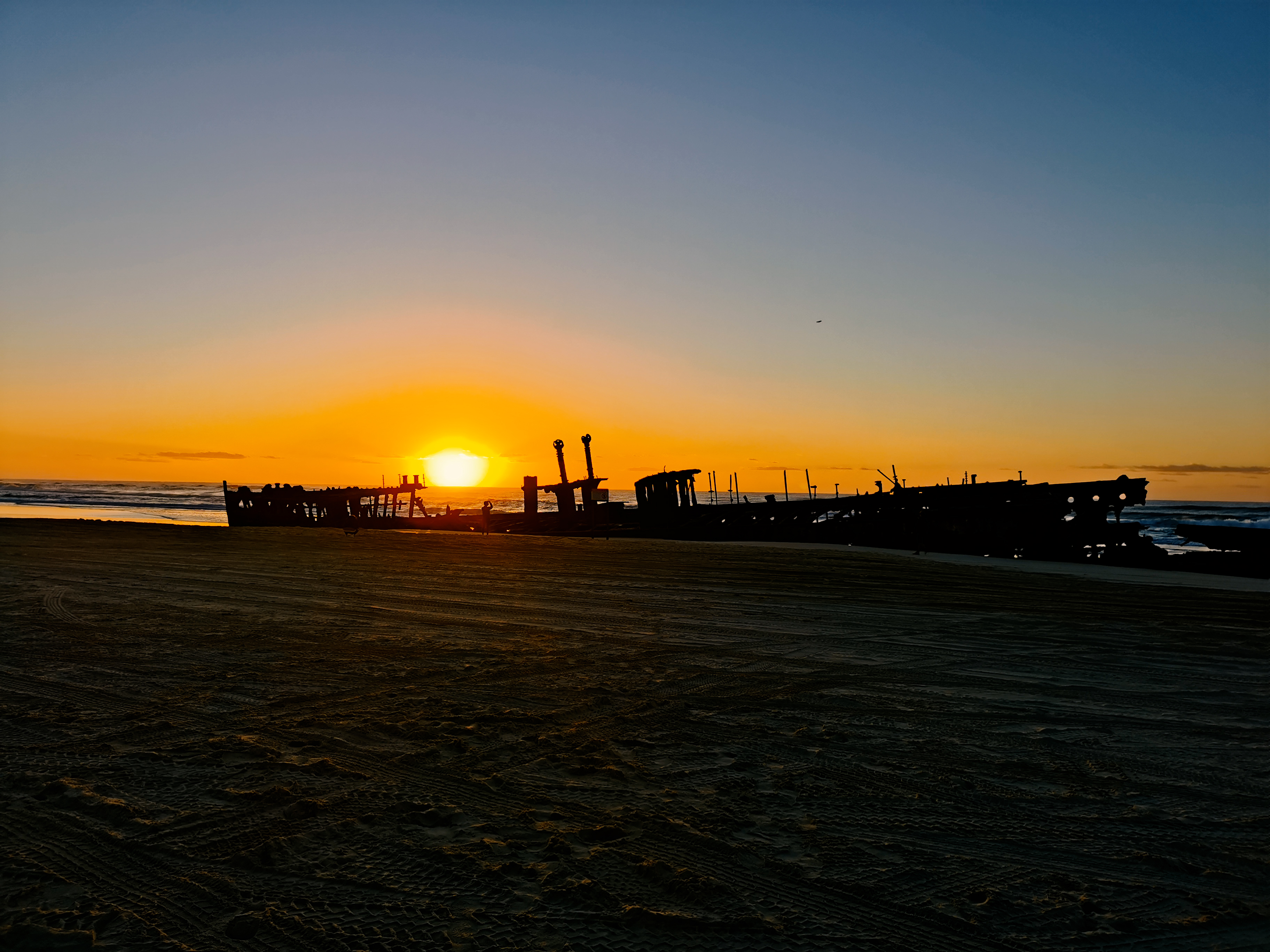
7. Earn money while travelling.
We discussed plenty of tips for travelling on a budget and controlling your spending, but you are still spending money. If you are like me, it is walking towards a dead end. Your savings are running out at one point, and that’s the end of your travel. But it doesn’t have to be that way. There are options to save and even make money while travelling.
Work for accommodation.
A great way to save on accommodation is to work for accommodation. Some hostels offer free nights in return for a small amount of work. Most of them require you to stay at least two or three weeks. I lived for free for five months in a Melbourne hostel by helping them make beds for three hours every morning. On top of that, I had discounts in the bar and free laundry! Besides, I lived for free for two months on the world’s largest island by helping them out and organising tours. Ask at the reception, or send them an e-mail beforehand and see your possibilities.
Find a job.
Some countries offer working holidays or student visas, allowing you to work. Search online or visit places to get a job and earn while travelling. The worst thing that can happen is that you don’t like your job and have to find a new one. However, working holidays aren’t the only way to work in other countries. It is surprisingly easy to apply for a working visa in some places. Mainly, It depends on what country you are from or your qualities. It is worth doing the research.
Find cash jobs.
I’m not encouraging you to do cash jobs, but it is still an option. Even if you are not allowed to work in a specific country, you can likely find a cash job. Usually, local bars are happy with some casual help, especially if you are good at multiple languages. It is trial and error, and mostly it is the establishment getting into more significant troubles than you if it gets to the wrong person. Again, I’m not encouraging. It is just getting the option out there.
Online jobs.
The internet is full of opportunities. These days there are plenty of apps and jobs you can do remotely. It is easier and easier to make some extra coins doing online work. Think about doing paid surveys, marketing research, or whatever skill you have on the computer. If you are taking this a bit further, you can look into starting an online shop or an online school. It is about choosing what you want to do.
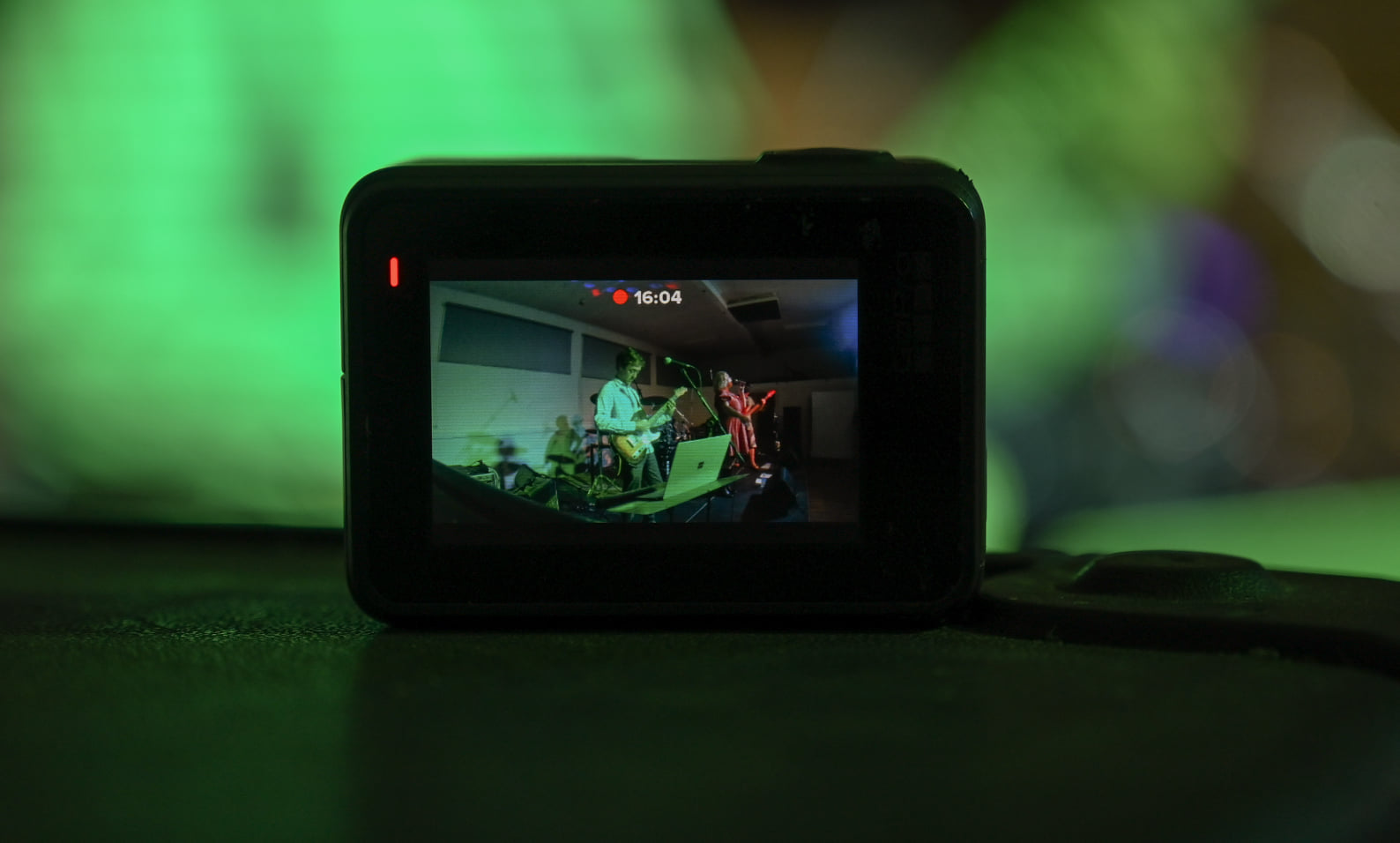
8. Take care of yourself.
Being a long-term traveller on a budget means taking care of yourself in every way possible. Doctor appointments abroad are pretty expensive, and in some cases, you might even have to fly back home. Medical bills are the unforeseen cuts in your budget that you want to avoid. The Sherman Brothers once said that a spoonful of sugar helps the medicine go down, but in reality, taking care of yourself keeps your budget down. Here are some of my tips for taking self-care:
Live a healthy traveller’s life.
Living a healthy life might seem pretty straightforward. Still, I keep getting surprised by other travellers with high medical or dental bills that they could have easily avoided. Here are some not-new but still valuable tips:
Eat healthy food:
Yes, instant noodles are cheap and easy to make and aren’t a bad thing once in a while. The same goes for a meal from any fast food restaurant. However, you want to keep a steady and healthy diet in the long run. Just try to have variety in what you eat and ensure you have some vegetables and fruit in your system. These kinds of food are better for your body; you feel better yourself and even get more energy. It is a triple win here! The slightly higher price of healthy food doesn’t make up for long-term medical costs.
Get enough sleep:
Your body needs to rest, and sleeping is the best way to let it rest. You should be aiming for between 7 to 8 hours of sleep each night. It is hard when you don’t want to miss out on things, and there is always something going on, but your body needs regular, good-quality sleep. However, sometimes it can be your roommates that keep you awake. Therefore we recommend investing in some earplugs and a sleep mask to help get that uninterrupted sleep.
Exercise regularly:
I’m not saying everybody has to become a bodybuilder, but regular exercise has plenty of advantages! Travelling, seeing things and carrying your luggage around is a good form of exercise and a pretty active lifestyle. Adding some hikes on top of that can even keep you reasonably fit. Indeed, most travellers don’t have problems with this tip, although a daily or weekly workout will never hurt. Even just a brisk walk in the morning can help both your mental and physical health.
Avoid drugs and alcohol (or at least limit it):
It is no secret that drugs and alcohol aren’t the best things for your body. I’m not telling anyone to ban these things from their life altogether (although that would be amazing for your budget). It is just a matter of limiting them. The money you save in this section adds to plenty of flight tickets; just saying! Being passed out drunk every night or smoking a whole packet of cigarettes every day will hurt you and your budget in the long and short run!
Manage stress:
Travelling can be highly stressful. Questions such as where are we sleeping, where are we going, how will we get there, and what are we going to see are sometimes stressful to answer. Now, stress works against our bodies in every way possible and can make us pretty ill. Take some time off and relax. Try things like meditation, yoga, massages, or just taking a hike in a nearby park. From my experience, calling home or video chatting with one of your friends at home can be very effective.
Practice good hygiene:
If there is one positive thing about the Covid-19 pandemic, most people are more conscious of good hygiene. Excellent, because there are plenty of advantages. Good hygiene is vital for social, medical, and psychological reasons. It does not only reduces your risk of illness. Good hygiene improves the way others see you and how you view yourself.
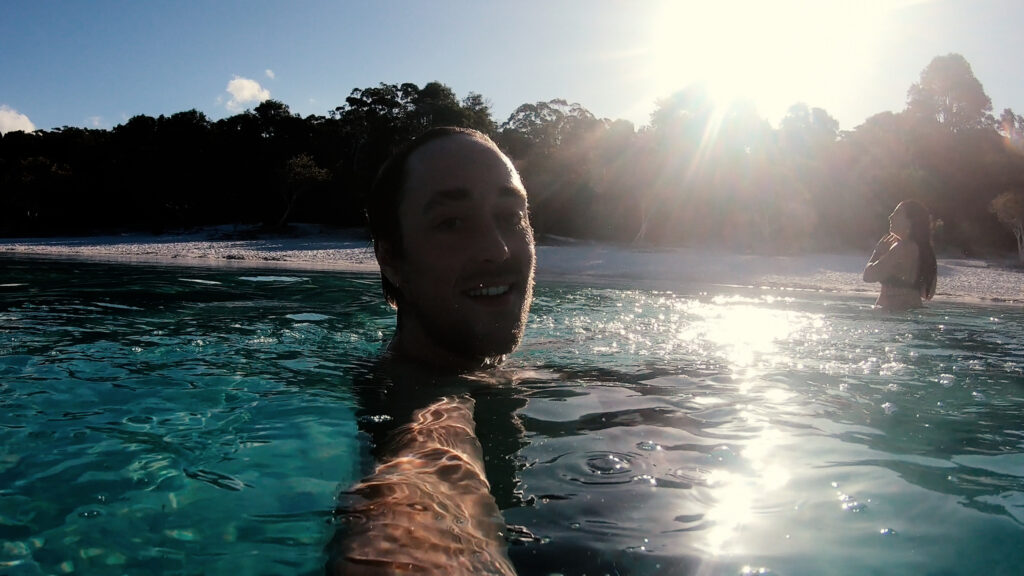
9. Other tips for travelling on a budget.
The previous chapters were about the more obvious way of travelling on a budget. This chapter will explore other methods that might make a difference in the long run. Some of these things aren’t possible in every country, or you might not spend enough time there to have it make a difference.
Apply for loyalty cards.
If you stay longer in a particular country, it might be worth applying for a loyalty card from the local shops. Every time you check out, you scan the card and earn points. Eventually, these points might get you a discount or whichever free item might be useful in your travels. The same goes for coffee shops, restaurants and other places you might go to multiple times.
Get a local bank cart.
If possible, try to get yourself a local bank cart. You might need to transfer some money from one country to another, but you save many other additional costs. Credit card companies love to charge international fees and exchange rates. On top of that, you don’t pay extra to get some cash from an ATM.
Save up flying points.
If you are flying a lot, try to save up some flying points. Admittedly, this is not an easy way to save on your budget. Before you start saving, you would have spent plenty of your budget on flying. On the other hand, many credit cards and other shops will help you earn points. It is worth looking into as, in the end, every dollar saved up keeps you longer on the road!
Travel out of season.
As many people can only travel during school holidays, you should avoid them. The travel industry takes advantage and puts up the prices. Make sure you research local school holidays. In general, the best time of the year to travel is called the high season. That means that the best time for you to travel is just before or after high season. The weather will still be great, and you can stick to your budget. Additionally, before and after the high season, operators lower their prices, so you might even double win here!
Always double-check transport options.
Wherever you are and wherever you want to go, always double-check your transportation options. Too often have I seen travellers take a taxi, to afterwards hear that they didn’t know there was a (free) bus. A quick search in your navigation app on the phone usually gives you good insight.
Pack properly!
There is nothing as annoying as heading off to a destination only to realise you forgot some stuff and you will need to buy it. Make sure you bring everything and don’t have to shop while on the road. The costs are not in your travel budget, and if we can avoid putting them in there, we should!
Shop close to closing time.
It is always worth shopping close to a shop’s closing time. All items getting close to their expiry date and that haven’t been sold will get discounted. Employees usually start doing this about an hour before closing time, so make sure to go and get some deals. Since you are in the supermarket, the Deli section is usually cheaper than the pre-packed area; just a heads up! 🙂
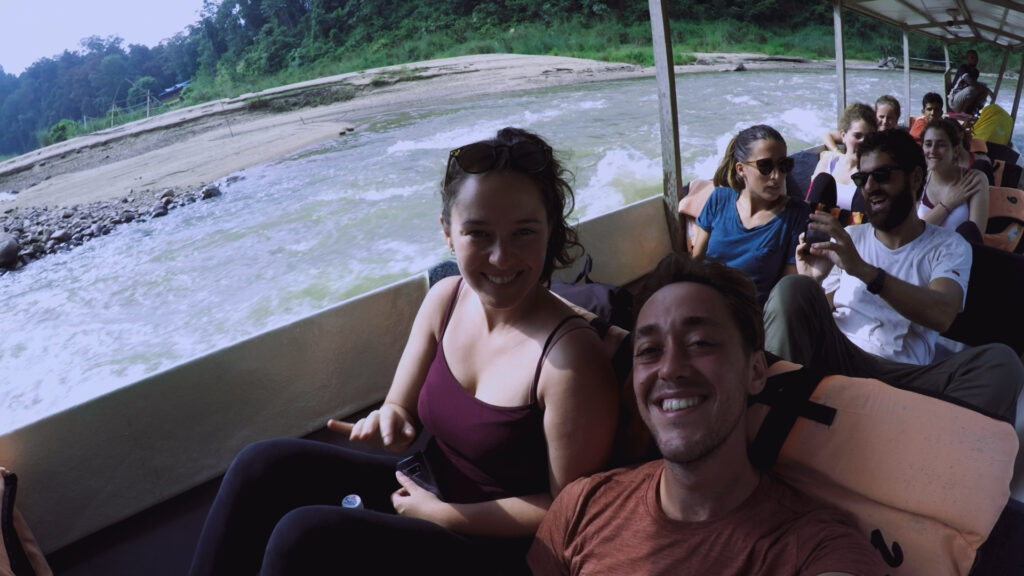
Are you enjoying our travel tips and tricks section? Please let us know in the comments below! If you need help or have questions about exploring this fantastic world, check out our travel guides or contact us through the contact page. We are happy to help with all your travel needs and questions! For more inspiration, ensure to check out our blogs and vlogs! To keep up-to-date with future adventures and travel guides, follow us on Facebook and Instagram, or subscribe to our newsletter. We can’t build this platform without our readers, so we thank you for your continued support. Stay tuned for many more adventures to come!



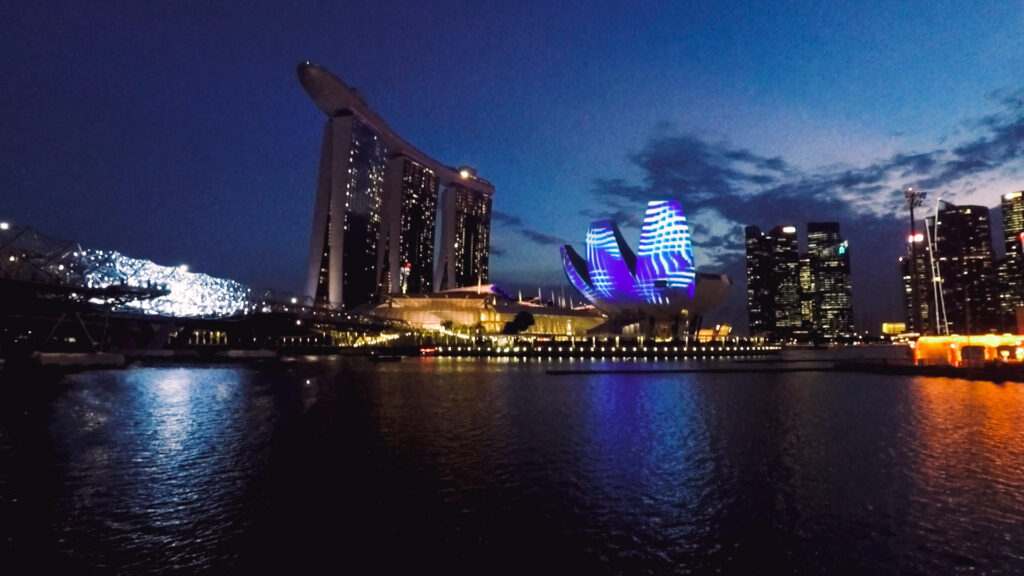

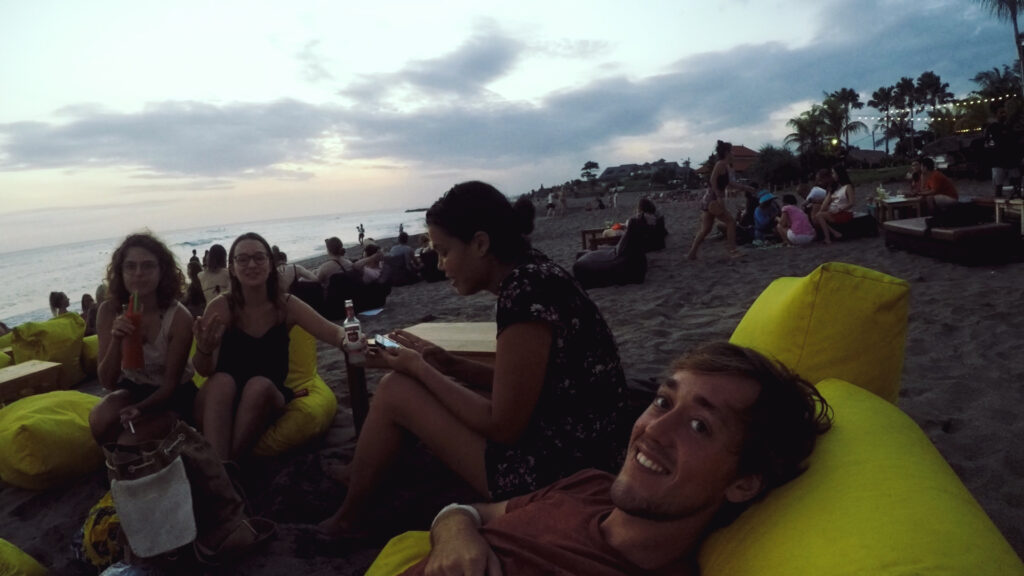
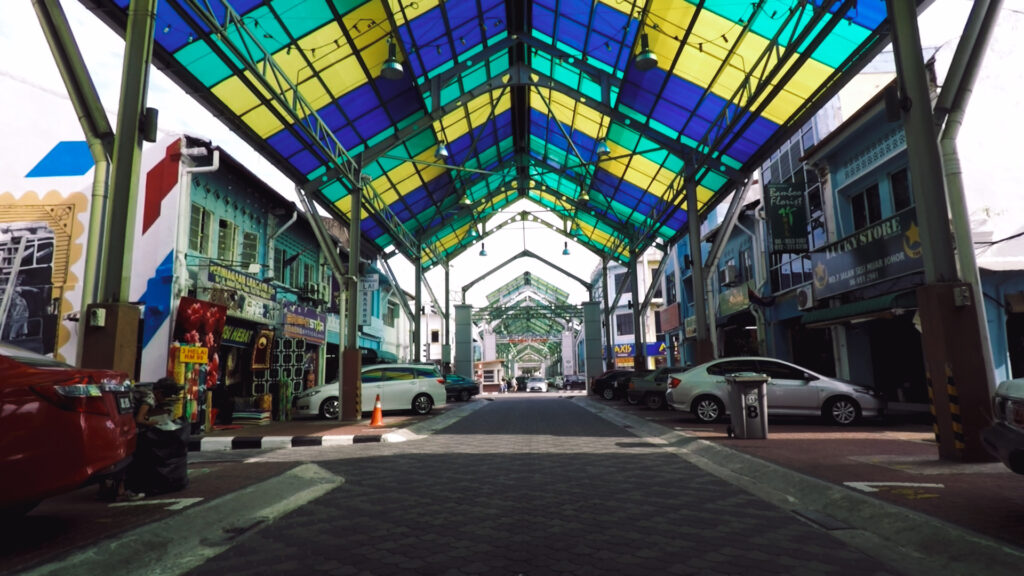
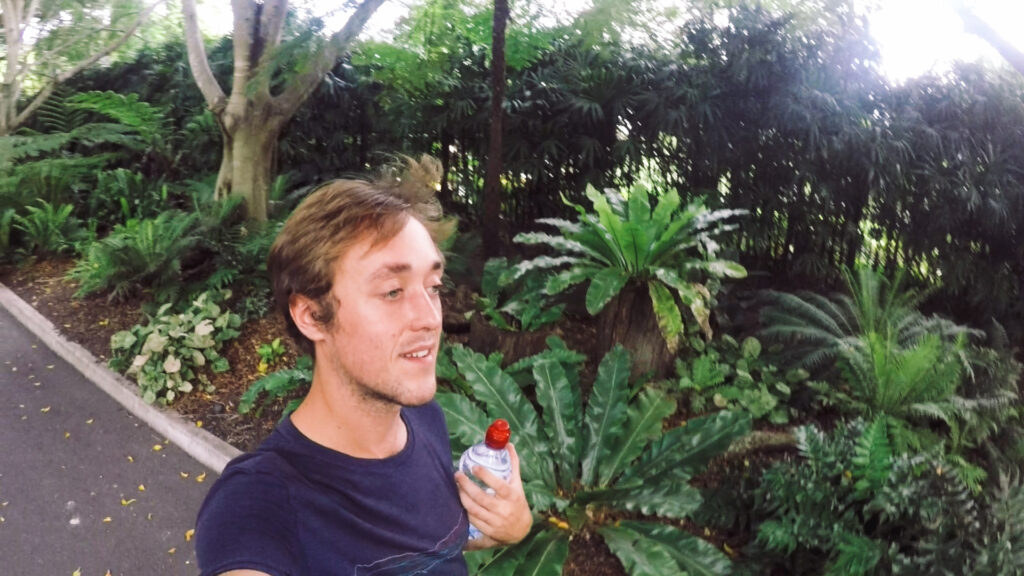
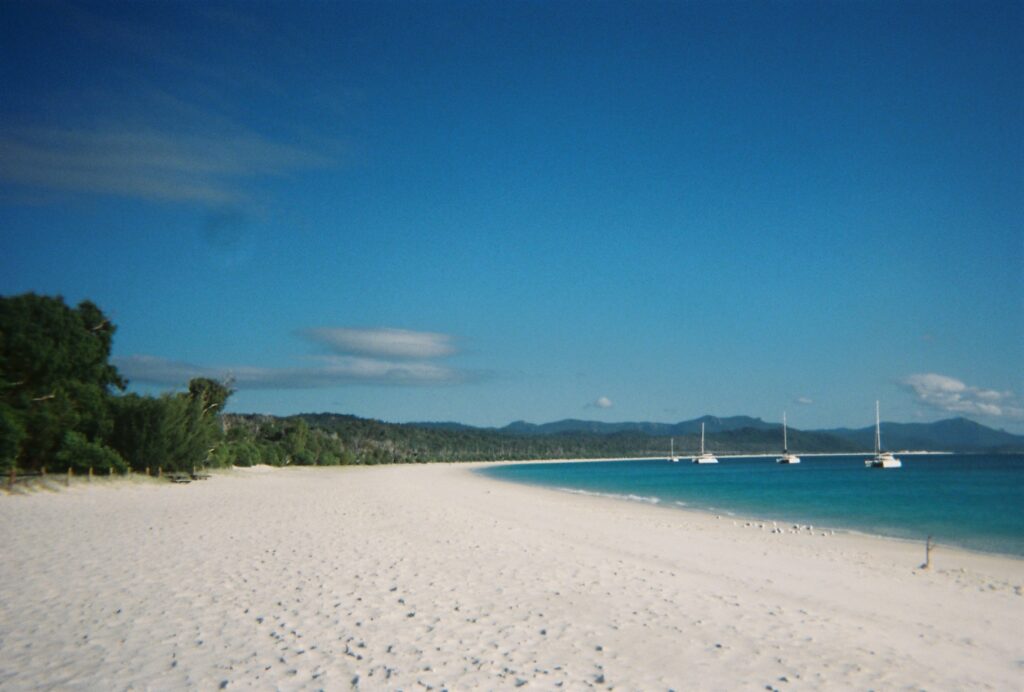
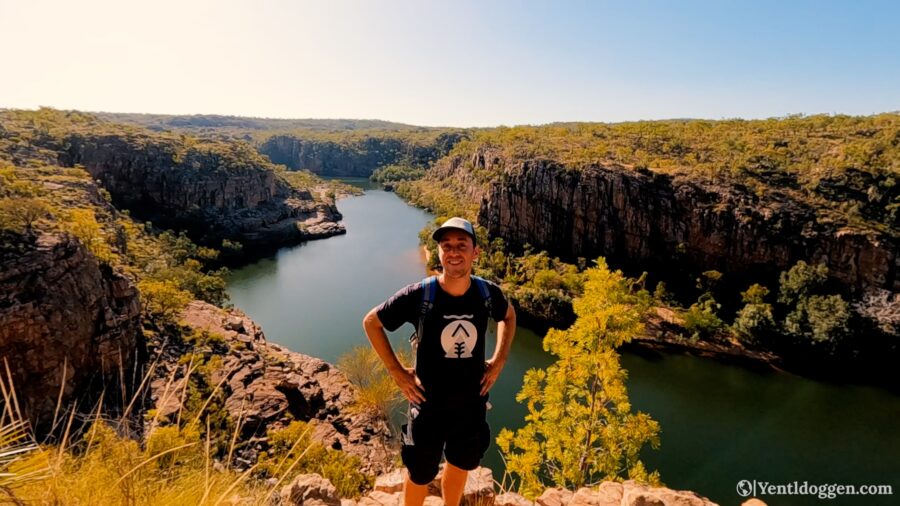
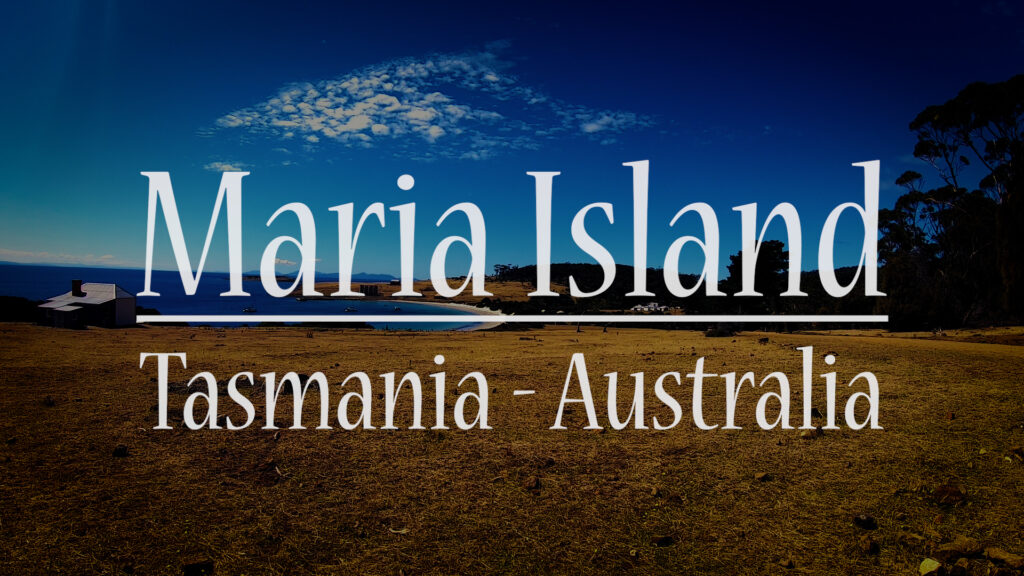
Wat fijn om je reistips te lezen! Geniet ten volle!
Wat leuk dat je meevolgt! Zal ik zeker doen, jullie ook! Veel liefs xx